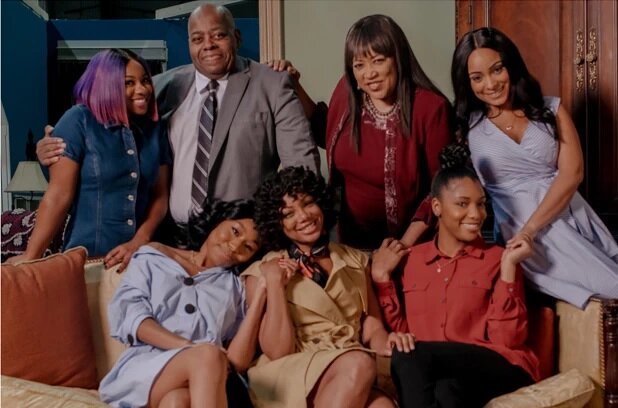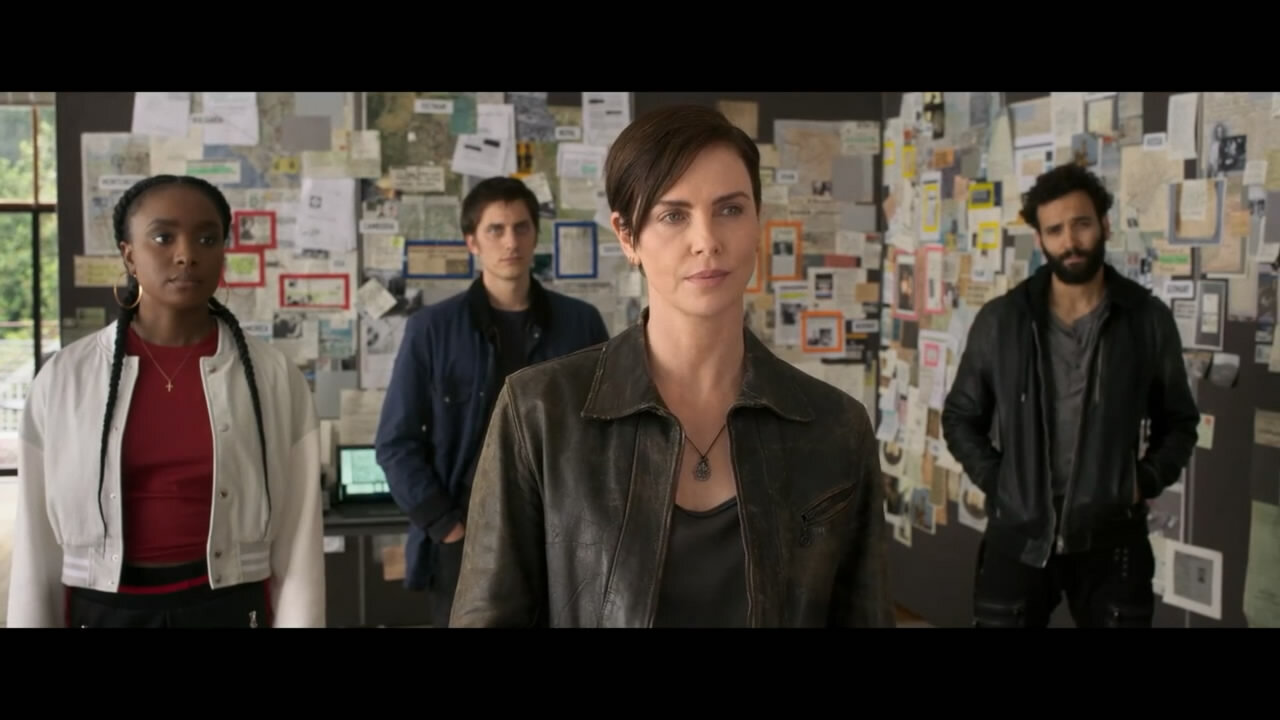A24
By Andrea Thompson
Among the many fascinating things about “Boys State,” the documentary that recently debuted among Apple TV+, is that it’s basically a meditation on the state of modern masculinity that’s also co-directed by a woman.
Every year since 1935, the American Legion runs a civics experiment called Boys State, wherein high school students spend a week building a government from the ground up. Assigned into random political parties, the boys then elect their own officials, with the position of Governor being the top spot. So what exactly does that look like in our current moment, when we’re grappling with how we define masculinity, femininity, and gender itself? Amanda McBaine and her creative partner/husband and co-director Jesse Moss decided to find out by filming what transpired in 2018.
Once you get over the simple fact that all these boys are gathered together free from worries about pandemics, social distancing, and masks, what emerges is a complex portrait that’s not so much about our future as our present. All of these young men are ambitious, driven, and serious about their political aspirations. And why not? Past participants have included politicians as wide-ranging as Bill Clinton, Dick Cheney, and Cory Booker. High hopes are not unreasonable.
What happens in “Boys State” isn’t too surprising then, even at its most shocking. When those so eager to participate in the political system try to build their own, they’re not going to attempt to build something better than replicate what they’ve learned from us. It isn’t long before some very recognizable, wholly depressing patterns start to emerge, along with some political stars in the making, a few of whom will no doubt regret being so honest about what their adult counterparts smilingly justify and evade. And more than a few made me wonder if they were going to kill me when they grew up.
Ben Feinstein was bound to unsettle me from the moment he brought out his talking Reagan doll, and sure enough, he quickly became the architect behind some of the most vicious political attacks on his opponents, both of whom were young men of color. Others may be channeling Donald Trump in their emphasis on making their state/political position great again, but Feinstein is the one who quickly emerges as a far more masterful manipulator. He may be a more complex type, but losing both his legs at age three to meningitis hasn’t made him compassionate as firmly believing that individual failings are to blame for a disadvantaged position, race, gender, or any other factors be damned. He is the one who comes from a comfortable place, only to prevent others from achieving the same privileges.
A24
The real star that emerges is thankfully someone far different. Steven Garza’s cited inspirations may include the likes of Bernie Sanders, and far more surprisingly, Napoleon Bonaparte, but Obama is probably the leader that will spring to mind when he gives his first jaw-droppingly inspirational speech that leaves his competitors scared stiff and his fellow party members standing and cheering. His backstory is the stuff great biographies are made of. He’s the son of Mexican immigrants, with a mother who was undocumented for a time, and he’s also the first of his siblings to get past his freshman year of high school. And for all his openness about his left-leaning politics in a deeply conservative environment, his political instincts are sharp enough to leave his work as a gun control activist unmentioned until later in his campaign for Governor, the highest office available.
Much like another, far less effective recent film about politics, “Boys State” has a clear scapegoat for the dysfunction - political parties, even kicking off with a dire warning from no less than George Washington about their unsettling effects on government. But while few would argue that our electoral system is in desperate need of change, political parties are not the primary motivators behind the documentary’s most heartbreaking, and at times shocking, moments. It is us. It’s always us

















